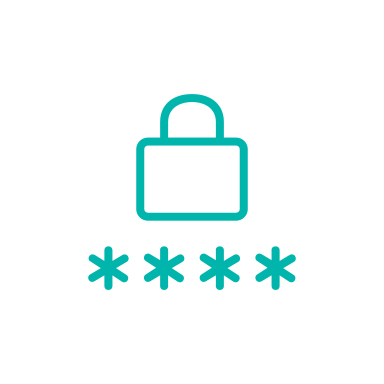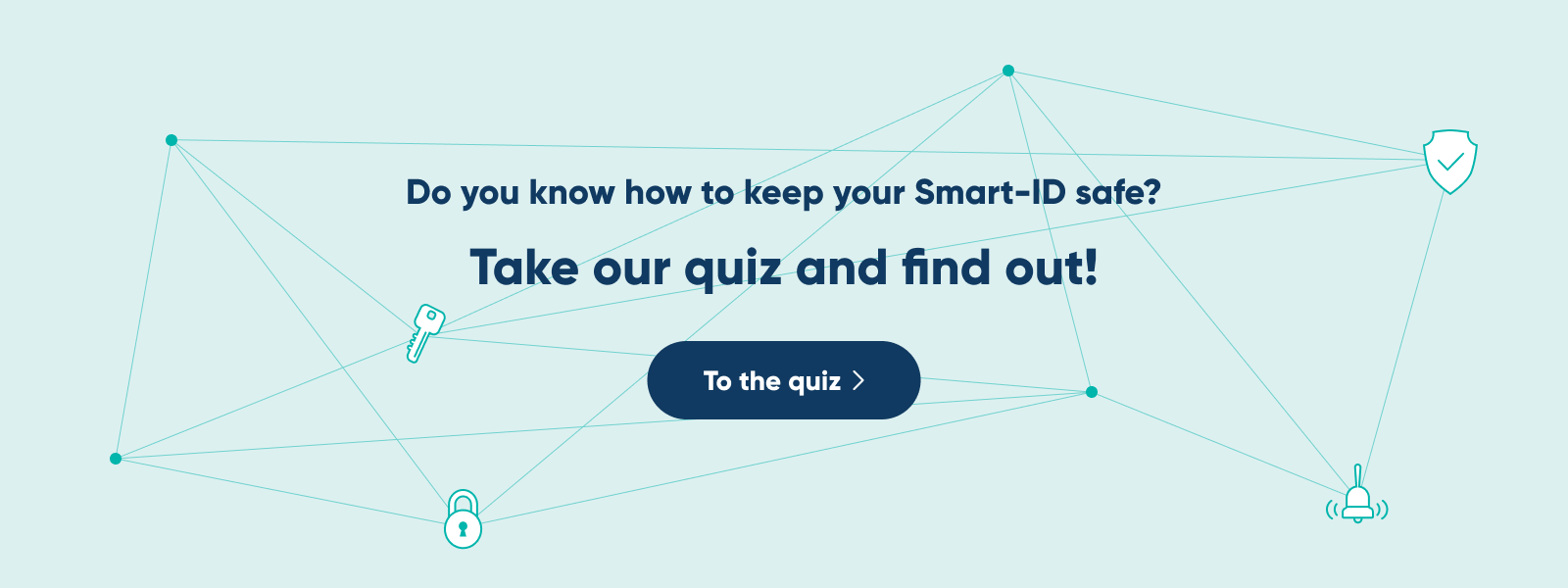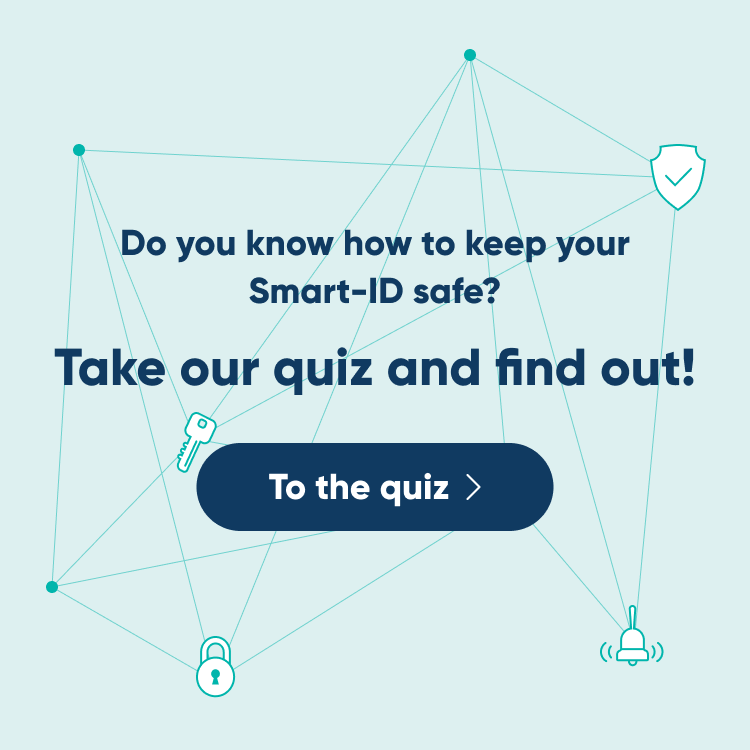A Joint bank account does not mean shared PIN-codes!
Do not share your PIN-codes with your friends, colleagues or family members: you are legally responsible for all actions taken using your PIN-codes. If you want someone else to be able to use your bank account, give them access through your online bank settings. This way, you can share the bank account, but each user remains identifiable. Your bank’s customer service team will help you with this!
Choose the right PIN-codes
Choose PIN-codes that are easy for you to remember but difficult for others to guess. Avoid simple PIN-codes like 0000, 1004, 1010, 1111, 1212, 1234, 4444, 6969, 7777, 9876 etc, and don’t use the birthdays of your family members. The best way is to create a system that only you are familiar with of and which enables you to ‘deduce’ the PIN-codes should you happen to forget them.
PIN-codes cannot be changed
Because your PIN-codes aren’t stored anywhere, they also can’t be changed. If you have forgotten your PIN-codes or you’d like to start using new ones for security reasons, delete your existing Smart-ID account and create a new one with new and improved PIN-codes.
PIN-codes should not be written down
Memorise your PIN-codes and do not write them down anywhere. It is especially dangerous to keep PIN-codes, usernames, passwords etc in your wallet or a purse, attached to your phone, written as notes on your phone or placed somewhere in the vicinity of your computer. If you feel like you have to write them down, mask them as something else: for example, turn them into phone numbers – and keep them somewhere unusual. The only truly secure action, however, is to choose PIN-codes that you can remember!
Do not let scammers cheat the PIN-codes out of you!
No-one else needs to know your PIN-codes (for any reason at all). Your bank, service providers or even government offices will NEVER ask for them. Do not trust anything or anyone asking for your PIN-codes, it’s a malicious scam even if they know personal details about you, sound trustworthy or ask to test your PIN’s for “security reasons”.
PIN-codes are your protection!
The only time you need to use your Smart-ID PIN-codes is to confirm a transaction initiated by you. If you need to transfer money, don’t let anyone, even your family members, start the transfer remotely. Always do it yourself from your own device. Never, ever enter your PIN-codes anywhere but the app, always check that the confirmation codes match and let us know as soon as you can if you get any e-mails or messages asking for your PINs!


